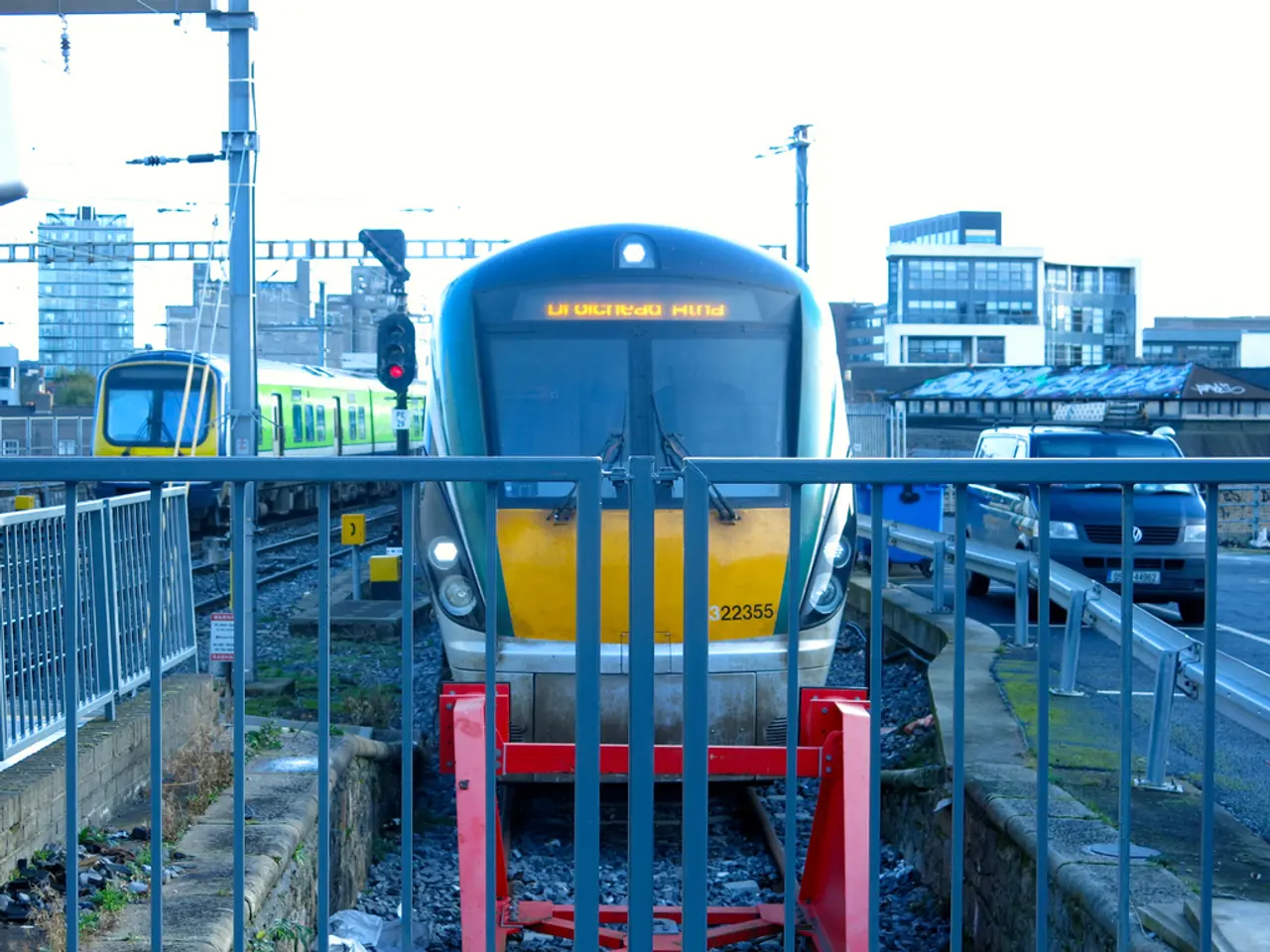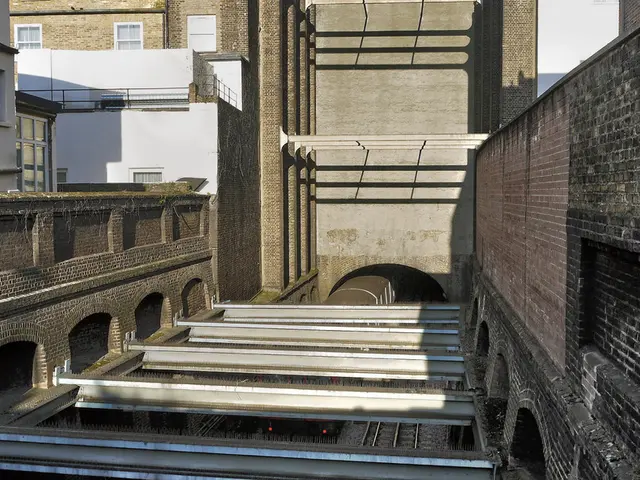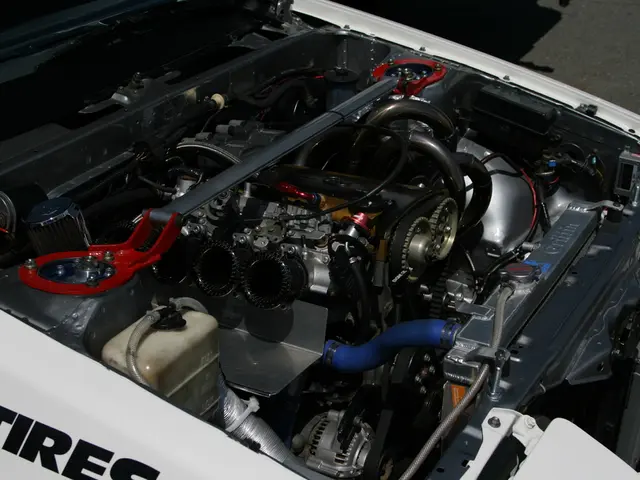China approves $2 billion upgrade for Pakistani railway to facilitate export of mining resources - government official
Pakistan is moving forward with significant developments in its railway infrastructure and mining sector, as the government secures funding for crucial projects that will boost the economy and improve transportation.
The Karachi-Rohri section, a 500-kilometer stretch that is considered essential for the Reko Diq venture – a joint project between Canada's Barrick Gold and Pakistan – is set to undergo a $2 billion upgrade, financed by the Asian Development Bank (ADB). This upgrade is a critical link needed to transport copper and gold from the Reko Diq mine to export hubs.
The Karachi-Rohri upgrade is part of the Main Line-1 (ML-1) project, covering Pakistan's 1,726-kilometer colonial-era railway from Karachi to Peshawar. The project, once completed, will allow speeds of up to 120 km/h on the Karachi-Rohri section, significantly improving the efficiency of transportation.
The Reko Diq Mining Company (RDMC) has agreed to provide $390 million bridge financing for a 780-km stretch from Rohri to Nokundi in Balochistan. The project is expected to transport one million tons of copper annually, reducing the need for over 28,000 truckloads each year.
Security risks in Baluchistan, including attacks on infrastructure, foreigners, and security forces, are acknowledged. However, measures will be implemented for trains carrying minerals to ensure safety, with the Federal Constabulary to be deployed on these trains.
China may finance the Uzbekistan-Afghanistan-Pakistan (UAP) railway project, valued at around $10 billion, which is being pursued to connect Termez in Uzbekistan with Kabul and Pakistan's Kurram district. If successfully completed, the UAP railway project will provide market access for Pakistan to Europe, Russia, and Central Asia, and will also give landlocked countries like Afghanistan and Uzbekistan access to ports.
The ML-1 upgrade is the largest infrastructure scheme under the over $60 billion China-Pakistan Economic Corridor (CPEC), itself part of President Xi Jinping's Belt and Road Initiative. The project will be partially financed through loans from Chinese banks, including the Export-Import Bank of China and China Development Bank, with additional funding expected from Pakistani government allocations and potentially other international financial institutions.
Pakistan also plans to restore international rail links, including the Islamabad-Tehran-Istanbul (ITI) freight service, which is set to resume in December after being suspended in 2019. The prime minister wants the groundbreaking for the Karachi-Rohri upgrade to be in June 2026, while ADB wants it to be in December 2026. Talks with ADB for the Karachi-Rohri upgrade are in the final stages, with feasibility studies to be completed by December this year and groundbreaking targeted for mid-2026.
These developments mark a significant step forward for Pakistan's infrastructure and mining sectors, promising to improve transportation, boost the economy, and provide market access for various countries in the region.







